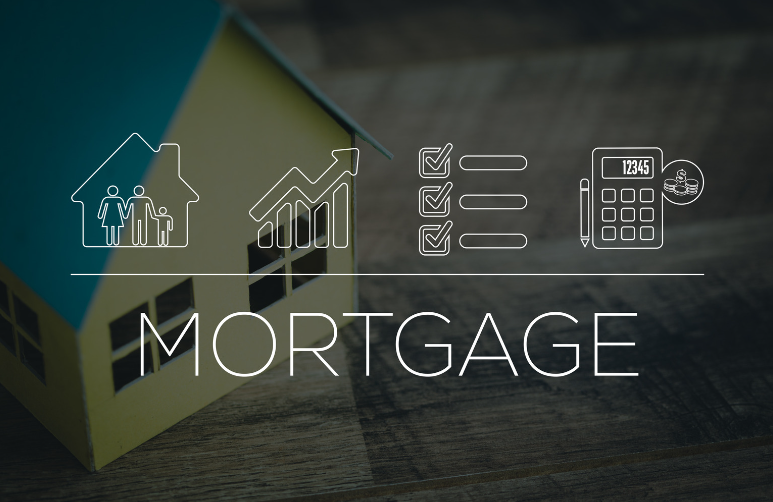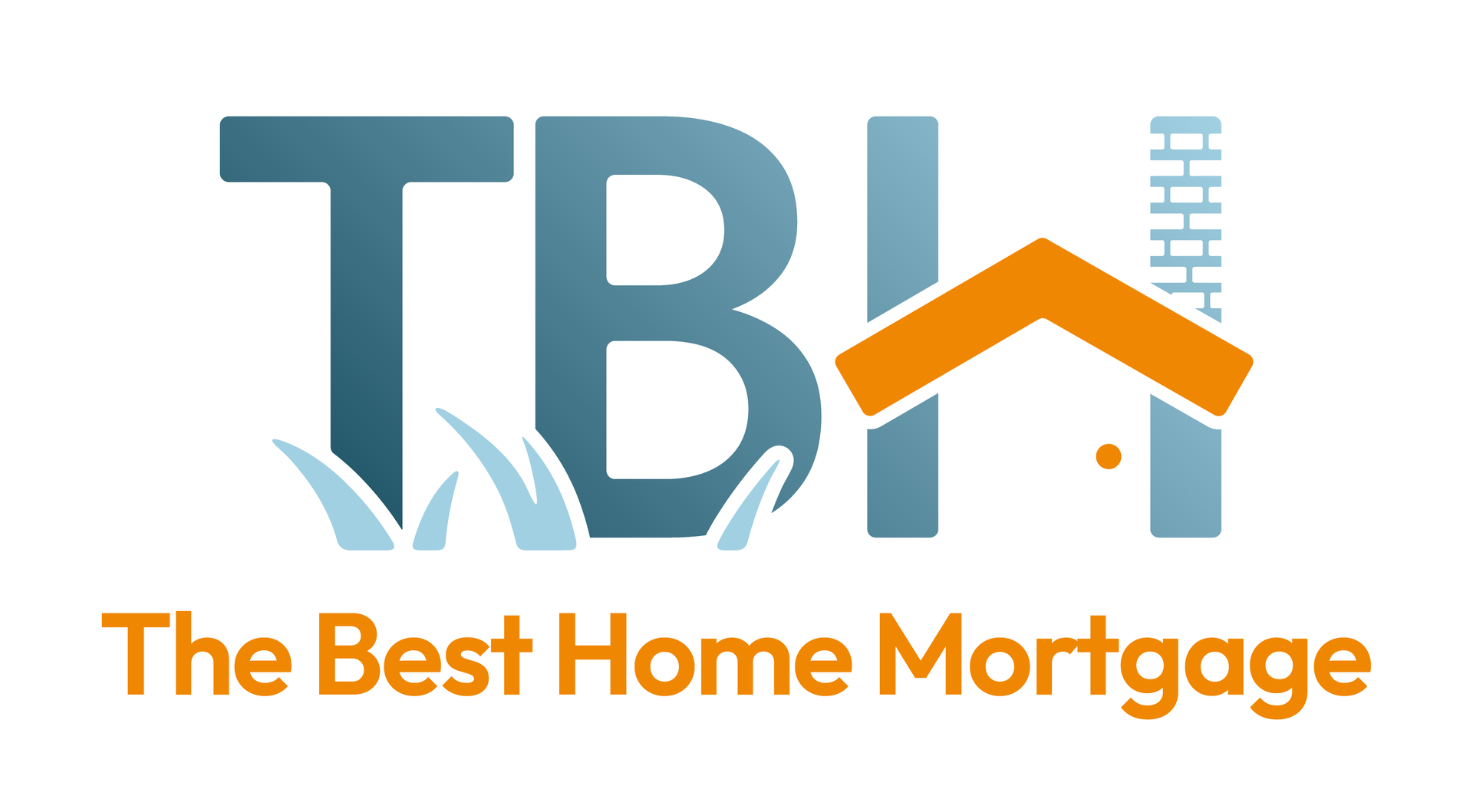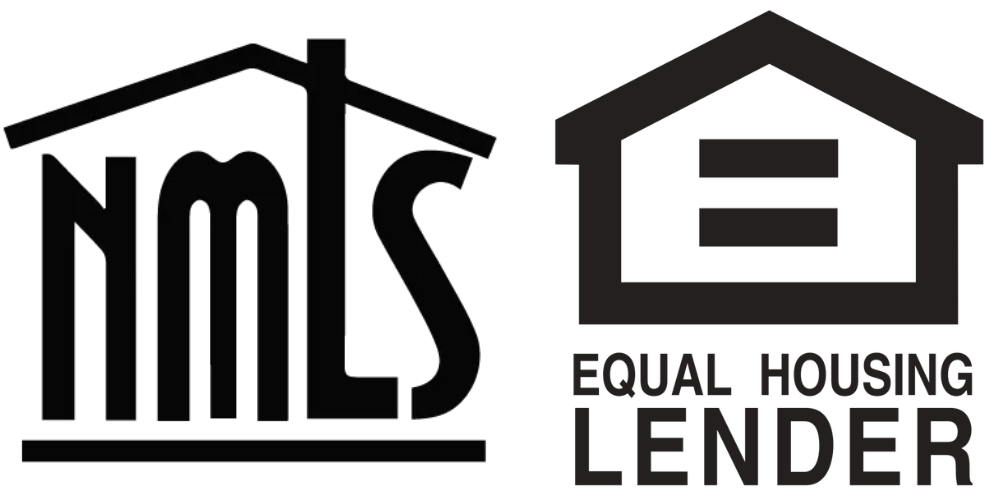Get in touch
555-555-5555
mymail@mailservice.com
The #1 Guide for Reverse Mortgages in Racine, WI!
Reverse Mortgages in Racine, WI
With 20 years of experience in Wisconsin (WI) at TBH Mortgage, I, Dennis Kahn, have helped many clients through the reverse mortgage process. This special loan is for older homeowners to turn some of their home equity into cash, to have financial flexibility in retirement. Unlike traditional mortgages in Wisconsin, reverse mortgages do not require monthly mortgage payments, and there are many payout options to fit the needs of homeowners and secure their financial freedom.

HECM Reverse Mortgage Basics
The most common reverse mortgage in most states is the Home Equity Conversion Mortgage (HECM) which is FHA-insured. The HECM reverse mortgage has eligibility requirements, age and property criteria, loan provisions, insurance, and mandatory counseling. HECMs offer many benefits including payment options and are federally insured.

Reverse Mortgage Features
Reverse mortgages in Wisconsin (WI) are for older homeowners, typically 62 and above. They allow homeowners to borrow against the equity in their primary residence without making monthly mortgage payments. Instead, the loan balance grows over time as interest and fees accumulate.

Wisconsin (WI) Eligibility
To qualify for a reverse mortgage in Wisconsin (WI) the borrower must meet the following criteria. The youngest borrower on the title must be at least 62 years old and the home must be the borrower’s primary residence. And the homeowner must have equity in the home.

Wisconsin Reverse Mortgages with Home Equity
Reverse mortgages in Wisconsin work by allowing homeowners to turn their home equity into cash. The homeowner can receive the funds as a lump sum, monthly payments, a line of credit, or a combination of these. The loan is repaid when the borrower dies, sells the home, or no longer lives in the home as their primary residence.

Reverse Mortgage Payment Options
There are many payment options for reverse mortgage borrowers in Wisconsin. These include a lump sum, fixed monthly payments, a line of credit or a combination of these. Each option has its own advantages depending on the borrower’s financial needs and goals.

Rates and Fees in Wisconsin (WI)
Reverse mortgage interest rates in Wisconsin can be fixed or variable. Fixed rates give you predictable monthly payments, variable rates can change over time. Reverse mortgage lenders also charge fees, closing costs, servicing fees, and a mortgage insurance premium.

The Federal Housing Administration
The FHA plays a big role in the HECM program by insuring the loans. This insurance protects both the lender and the borrower. If the loan balance exceeds the value of the home the insurance covers the difference so the borrower or their heirs are not responsible for the excess.
Property Taxes and Insurance
Reverse mortgage borrowers in Wisconsin (WI) must pay property taxes and insurance as part of the loan. Failure to do so will make the loan due and payable. Borrowers must budget for these ongoing expenses to keep the reverse mortgage in good standing.
Reverse Mortgage Counseling in Wisconsin
Before a reverse mortgage is obtained the borrower must meet with a reverse mortgage counselor approved by the U.S. Department of Housing and Urban Development (HUD). The counselor will explain the reverse mortgage loan, eligibility criteria, repayment and financial implications, and other options and help the borrower make an informed decision.
Proprietary Reverse Mortgages
In addition to HECM loans in Wisconsin (WI) there are proprietary reverse mortgages offered by private lenders. These are not FHA-insured but can be good for homeowners with higher-value homes as they may offer more loan money.
Managing the Growing Loan Balance in Wisconsin
One of the key aspects of reverse mortgages in Wisconsin is the growing loan balance. As the homeowner receives payments and interest accrues the loan balance grows. Borrowers must understand how the loan balance grows over time and the impact on the home’s equity.
Repayment of Wisconsin (WI) Reverse Mortgage
Repayment of a reverse mortgage in Wisconsin (WI) occurs when the borrower dies, sells the home, or no longer lives in the home as their primary residence. At that point the loan balance, including the principal limit, interest, and fees becomes due. If the home is sold any remaining equity after paying off the loan goes to the borrower or their heirs.
Scams
Unfortunately, scammers target older homeowners looking for reverse mortgages in Wisconsin (WI). Borrowers must be aware of scams and work with reputable Wisconsin reverse mortgage lenders. Always verify the lender and be wary of offers that sound too good to be true.
Reverse Mortgages and More Retirement Income
Reverse mortgages in Wisconsin (WI) offer several advantages, including additional income in retirement, eliminating monthly mortgage payments and allowing homeowners to stay in their homes. These are big benefits for many older homeowners.
Reverse Mortgages and Home Equity
While reverse mortgages in Wisconsin (WI) have many benefits there are also some drawbacks. The growing loan balance, the requirement to pay property taxes and insurance, and the potential impact on inheritance. Borrowers must consider these before deciding on a reverse mortgage.
Reverse Mortgage Alternatives in Wisconsin (WI)
There are several alternatives to reverse mortgages in Wisconsin, home equity loans, home equity lines of credit (HELOCs) and selling the home. Each has pros and cons and borrowers must evaluate all options before deciding.
Choosing the Right Lender
Choosing the right Wisconsin reverse mortgage lender is key. Look for lenders with a good reputation, competitive rates and transparent fees. Also, read reviews and ask for referrals from trusted sources.
How to Get a Wisconsin (WI) Reverse Mortgage
Getting a Wisconsin reverse mortgage involves several steps. First, the homeowner must meet with a Wisconsin reverse mortgage counselor. Then they can apply for the loan, have the home appraised and review the loan terms. Finally, the loan closes and the homeowner gets the money.
The Appraisal in Reverse Mortgages in Wisconsin (WI)
A home appraisal in Wisconsin is a key part of the reverse mortgage process. The appraised value of the home determines the loan amount. Borrowers must have an accurate appraisal, so they get the right loan amount.
What is the Mortgage Insurance Premium in Wisconsin (WI)
The mortgage insurance premium (MIP) is a fee paid by the borrower to the FHA for insuring the loan. The MIP protects the lender against loss and the borrower or their heirs from being responsible for any shortage if the loan balance exceeds the value of the home.
Inheritance with a Reverse Mortgage
One of the biggest considerations for Wisconsin reverse mortgage borrowers is inheritance. As the loan balance grows the equity in the home shrinks. Borrowers must discuss this with their family and consider how a reverse mortgage will impact their inheritance.
Selling the Home with a Reverse Mortgage
If a Wisconsin reverse mortgage borrower decides to sell their home the loan must be paid off from the sale proceeds. Any remaining equity after paying off the loan goes to the borrower. Borrowers must understand the process and timing of selling a home with a reverse mortgage.
For married couples, it’s important to consider the surviving spouse. An eligible non-borrowing spouse may be able to stay in the home after the borrower dies if certain conditions are met. Borrowers must understand these rules to protect the surviving spouse.
Variable Rates and Fixed Rates
The Wisconsin reverse mortgage process can have variable rates or fixed rates. Variable rates can change over time and affect the loan balance, while fixed rates stay the same. Wisconsin borrowers must consider their preferences and financial situation when choosing between variable and fixed rates.
Using Certified Mail for Important Documents
When dealing with important documents for reverse mortgages in Wisconsin use certified mail with return receipts. This ensures the documents are delivered securely and provides proof of delivery which can be important in legal and financial matters.
Age Requirement for Reverse Mortgages
The age requirement for reverse mortgages is 62 or older. This requirement is for the product to be for older homeowners who are more likely to be converting their home equity into cash.
Private Lenders in the Financial Future
Private lenders are a big part of the reverse mortgage market. While the FHA insures most reverse mortgages through the HECM program, private lenders offer proprietary reverse mortgages for homeowners with higher-value homes.
Home Equity Loans vs. Reverse Mortgage Program
Home equity loans and reverse mortgages both allow homeowners to borrow against their home’s equity. But home equity loans require monthly payments, reverse mortgages don’t. Borrowers must compare these to see which is best for them.
Principal Limit
The principal limit is the maximum amount a borrower can get from a reverse mortgage. It’s determined by the borrower’s age, the home’s value, and current interest rates. Borrowers must understand the principal limit to plan how to use the loan proceeds.
Social Security and Reverse Mortgages and Home Equity
Reverse mortgage proceeds do not affect Social Security benefits so they are a great way to supplement retirement income. However, borrowers must consider the overall impact on their financial planning and retirement strategy.
Reverse Mortgage Scams
To avoid reverse mortgage scams borrowers should work with reputable lenders and be wary of unsolicited offers. Verifying the reverse mortgage lender and understanding the loan terms can help prevent fraud.
Loan Balance and Home Equity
As the loan balance grows over time the home’s equity shrinks. Borrowers must understand how this works and the long-term implications for their financial situation and inheritance for heirs.
Single Purpose Reverse Mortgage and Home Equity
Single purpose reverse mortgages are for specific purposes like home repairs or property taxes. These are offered by state and local government agencies and have lower costs but less flexibility.


Office
2301 Sun Valley Dr #204, Delafield, WI 53018
Email us
dennis@tbhmortgage.com

The Best Home Mortgage dba TBH Mortgage NMLS #2692437
Dennis Kahn, NMLS #259354
Equal Housing Opportunity Lender. Figures deemed reliable, but errors may occur. Rates and terms subject to change without notice. This is not an offer to make a loan or to make a loan on any particular terms. All loan applicants must qualify under the underwriting requirements and satisfy all contingencies of loan approval.
Copyright ©2025 The Best Home Mortgage dba TBH Mortgage. All Rights Reserved.
An
AgencyNext production
nmlsconsumeraccess.org

Privacy | Legal Disclaimer | An Equal Housing Lender | All Rights Reserved
Site Accessibility
Communication Opt Out
Disclosures and Licenses
Terms of Use
Security and Privacy
Email and Text Policy
Do Not Sell My Prsonal Information